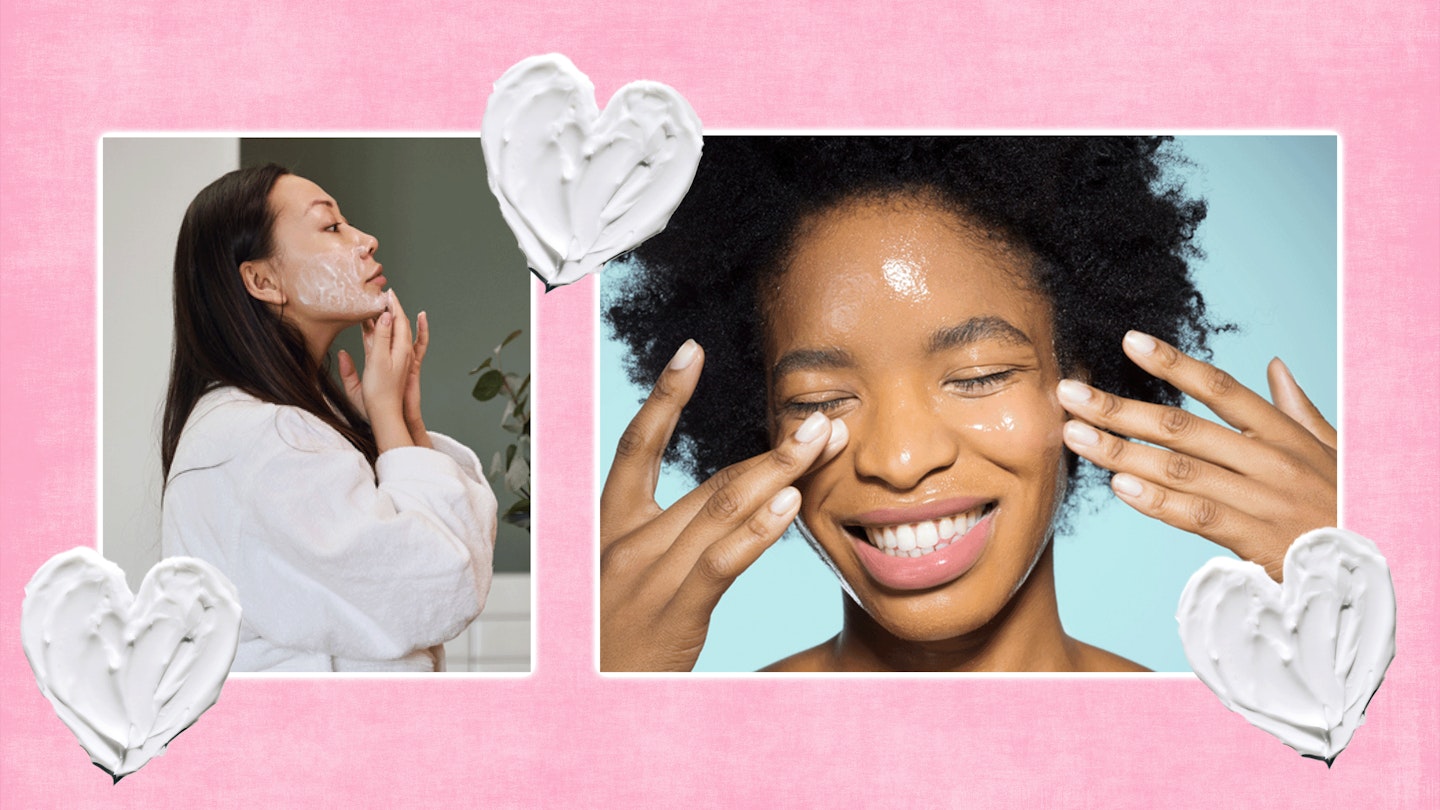A breakout can really ruin your day, and they always seem to creep up on you just before an important event. Well if you're prone to breakouts luckily for you there are multiple ways to ensure your skin is clear and glowing, especially when you just NEED it to be.
Wash your face twice a day
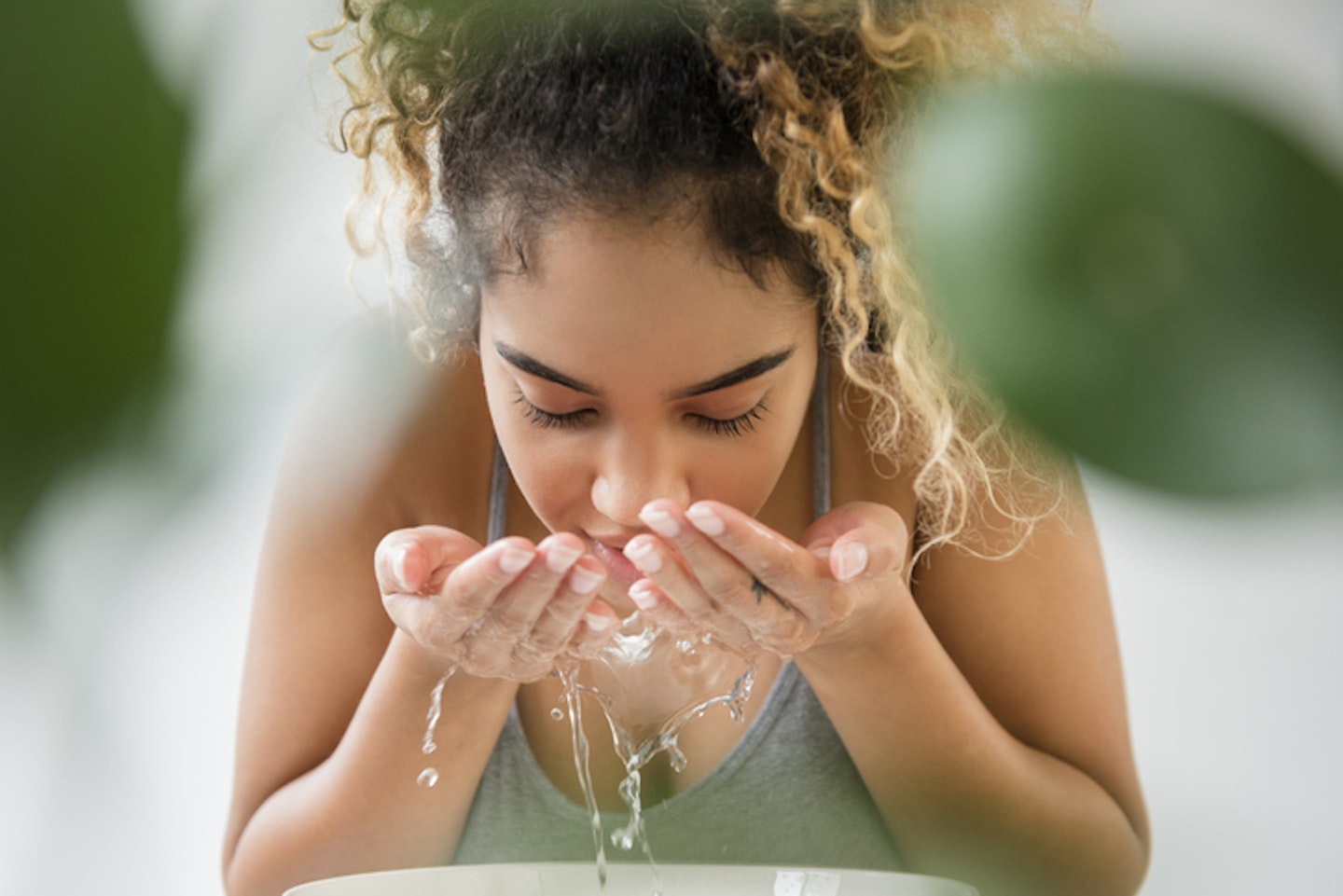
Here's our run down of the best tips to actually get clear skin. These tips, in isolation or used with each other, will help to ensure you have the clear, glowing complexion we call crave so dearly.
Yep, it's really that simple. One of the best ways to achieve clear skin is to wash your face twice a day, once in the morning and once in the evening. This is especially important if you are prone to breakouts or have oily skin.
No matter how tired you are you should NEVER go to bed without removing your makeup. It takes virtually no time and your skin will thank you for it later. Just wash your face for 30 to 45 seconds with a penny-size amount of face wash and you'll be all sorted.
While it may not seem as important to wash your face in the morning, it is. Hairstyling products can get absorbed by your pillowcase then transferred to your skin in the night. If you don't clean your face in the morning, these products can clog your pores through the day, so it's best to get on that (especially as it is so easy to do).
Always moisturise
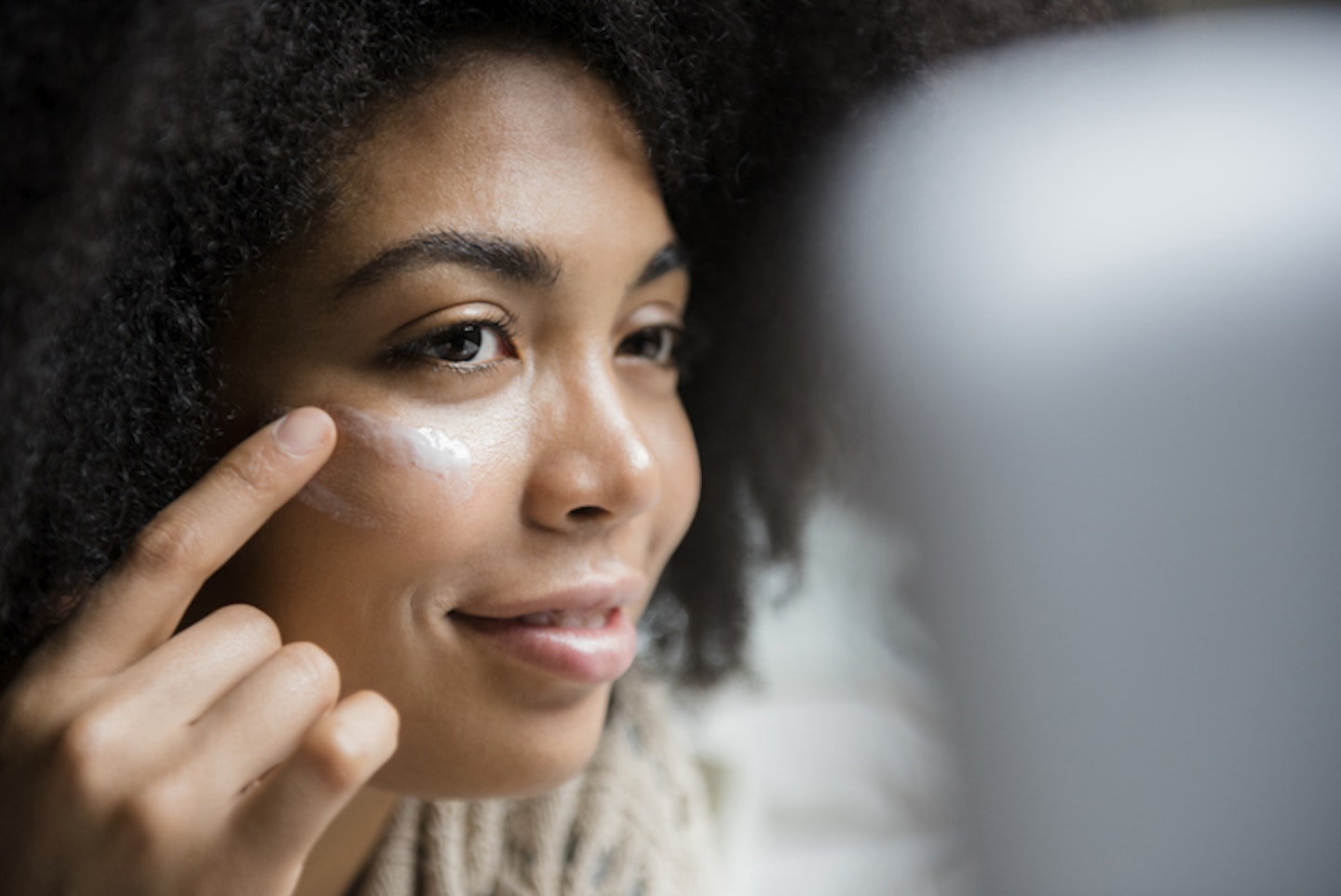
Never underestimate the importance of moisturiser. It may seem counter intuitive to apply moisturiser if you already have oily skin, as the impulse can be to let your skin dry out. Be warned, however, drying your skin can actually make acne worse.
Why does this happen you may ask? Well, put simply, if your skin is excessively dry it may try to compensate for the dryness by overproducing oil, which then exacerbates (you guessed it) breakouts. This is where moisturisers can help.
It is important to find the moisturiser that works for you as the last thing you want is to make your skin oilier. You should look for a moisturiser that’s noncomedogenic as this means it won’t clog your pores.
Use a mild cleanser and make sure you wash it all off
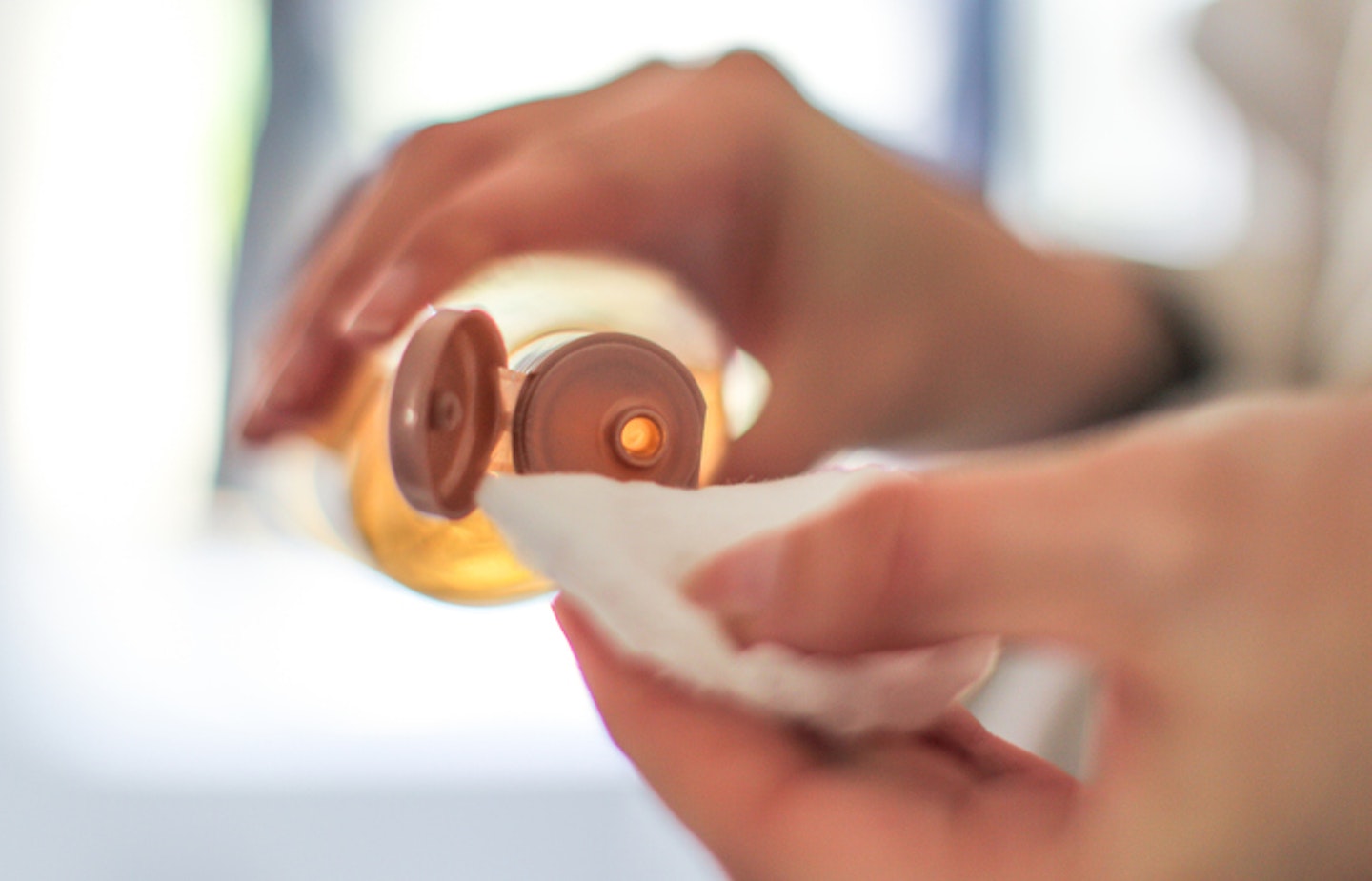
While it may be tempting to go for a fancier cleanser it may be best to resist this impulse. According to Healthline, "a systematic review of 14 studies found that there really isn’t much difference in skin breakouts, no matter what type of cleanser you use."
Following this, it may be best to go for a simpler cleanser. A mild cleanser without a lot of ingredients and fragrances can be just as effective as more expensive options.
When it comes to using cleansers it is also important to ensure all of the cleanser is washed off. Leftover cleanser equates to leftover dirt and oil, so ensure you wash your face with tepid water until it feels smooth and clean.
Make sure you clean your phone screen regularly

Now this tip may really come as a surprise but trust us, it actually makes a lot of sense. Your phone is something that travels with you everywhere, through thick and thin, through the best of times and the worst of times.
Now through all that travelling your phone screen will acquire a lot of bacteria, which can then get transferred to your face when you make a phone call. That is unless you regularly and often clean it with an antibacterial wipe. Honestly this is just a good tip when it comes to hygiene and general cleanliness tbh, especially in a post 2020 world...
Exfoliate your skin
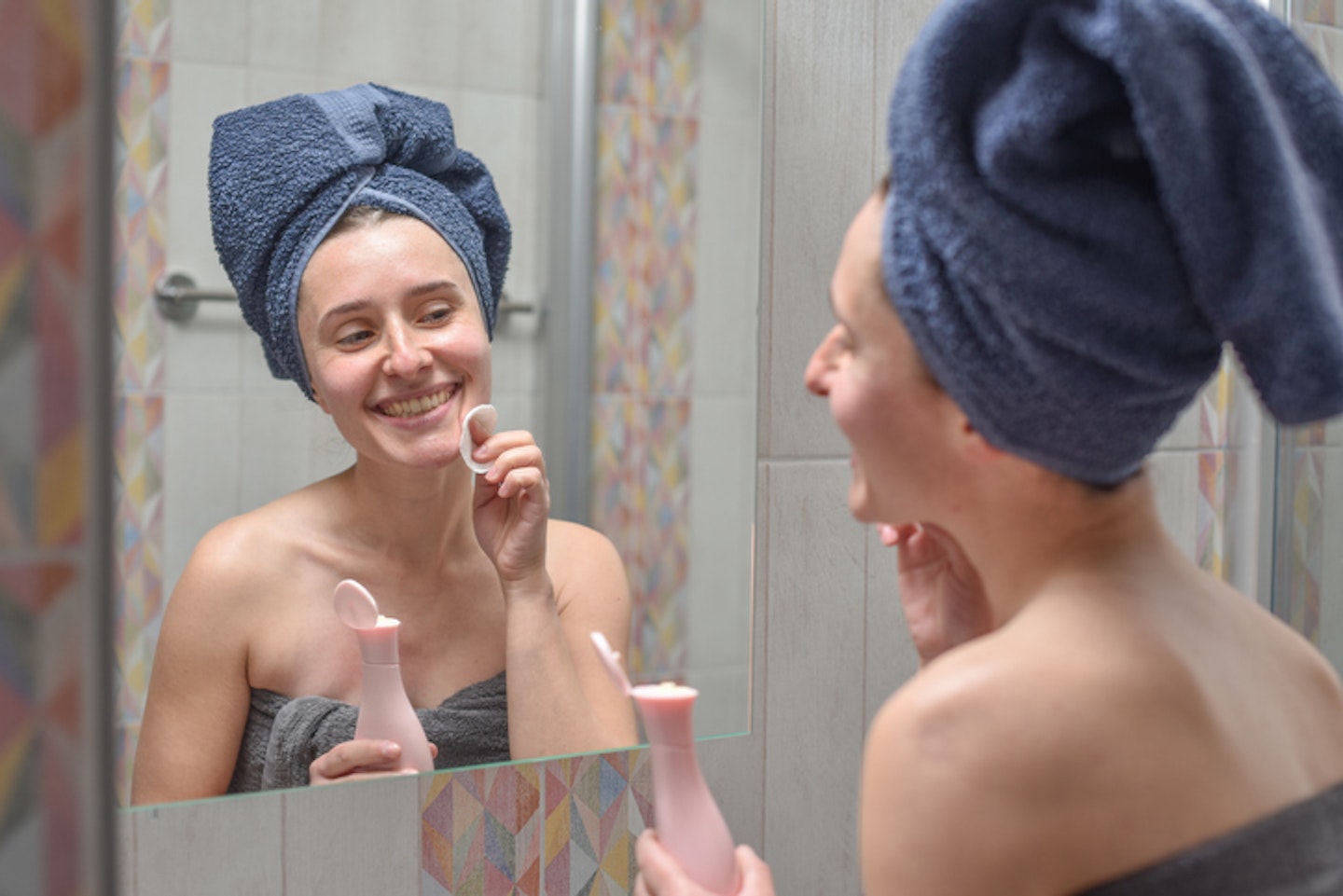
Exfoliating your skin can help remove excess dead skin cells. If left on your skin for too long these skin cells can block your pores causing your skin to get more oily, so definitely worth getting on that and exfoliating your skin regularly.
Also ensure you wash your face before exfoliating. Use a mild face wash to cleanse your skin. Then, gently massage exfoliator onto your face. the reason you should wash your face before exfoliating is that this allows the exfoliant to focus on digging out the dirt and oil that are stuck deeper inside your pores.
...But also remember to be gentle on your skin
Scrubbing your skin too hard can cause redness and make you more susceptible to breakouts. Avoid harsh scrubs and washcloths, as these can be too rough on your face and can cause irritation. Also dry your face gently by dabbing with a cloth.
It is also important to not use too many skincare products on your face. Sometimes when it comes to skin care less is more, as throwing everything at your skin can actually sometimes serve to make things worse. Always consider how sensitive the skin on your face can be compared to the rest of your body when it comes to treatments.
Ensure you get lots of sleep

Not getting enough sleep can cause your skin to breakout more often. According to Healthline, "To stay healthy both on the inside and out, aim for seven to nine hours of quality sleep each night."
Not sleeping enough can cause breakouts as this will make your hormones get out of whack and raise your body's stress levels.
Wear sunscreen (even when you don't feel like you have to)
Protecting your skin from the sun is incredibly important. But this doesn't just apply to sunny days, oh no, no, no. your skin needs protection every day, even in winter and even indoors (we know, we honestly didn't realise either). To avoid breakouts make sure your skin is always protected from the sun, whether this be through wearing sunscreen, or a triple duty foundation or BB cream with SPF.
Change your pillow case

As already established, your pillow cover (of all things) can have an impact on your skin and even increase your risk of breakouts. Even if you wash your face every night, your pillowcase can carry dirt and sweat from your hair, hands, and hairstyling products that have been absorbed by the pillow cover. It's a good idea to regularly change your pillow cover to reduce the risk of outbreaks in the future.
Shop: The best products for spot prone skin
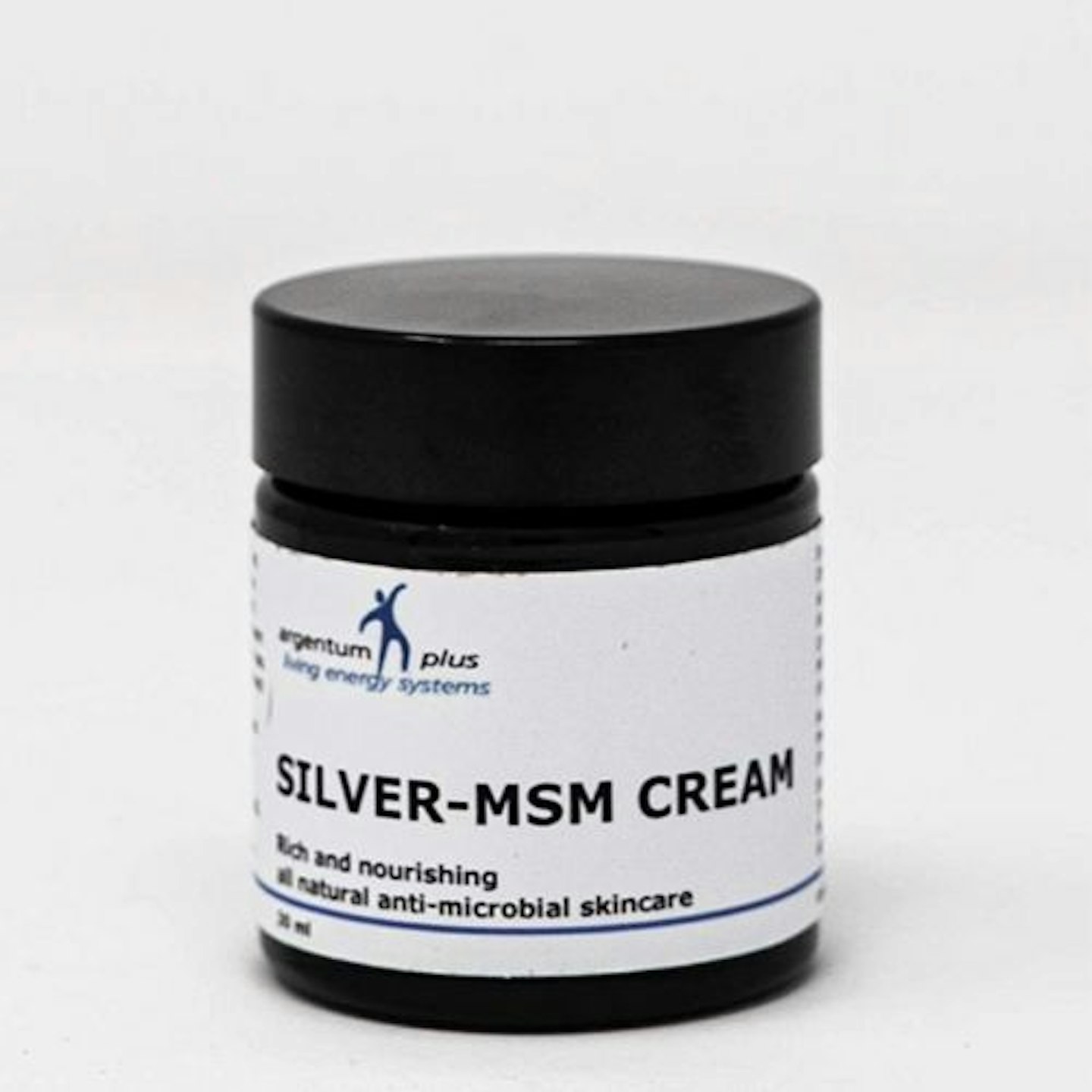 1 of 20
1 of 20argentum plus - Silver-MSM Cream 30 mlargentum plus - Silver-MSM Cream 30 ml
The antimicrobial properties of silver have been known for centuries, helping to disrupt the spread of bacteria. This Silver-MSM cream stops bad bacteria from multiplying while letting good bacteria thrive. It's gentle and chemical-free, so is suitable for all ages and skin types.
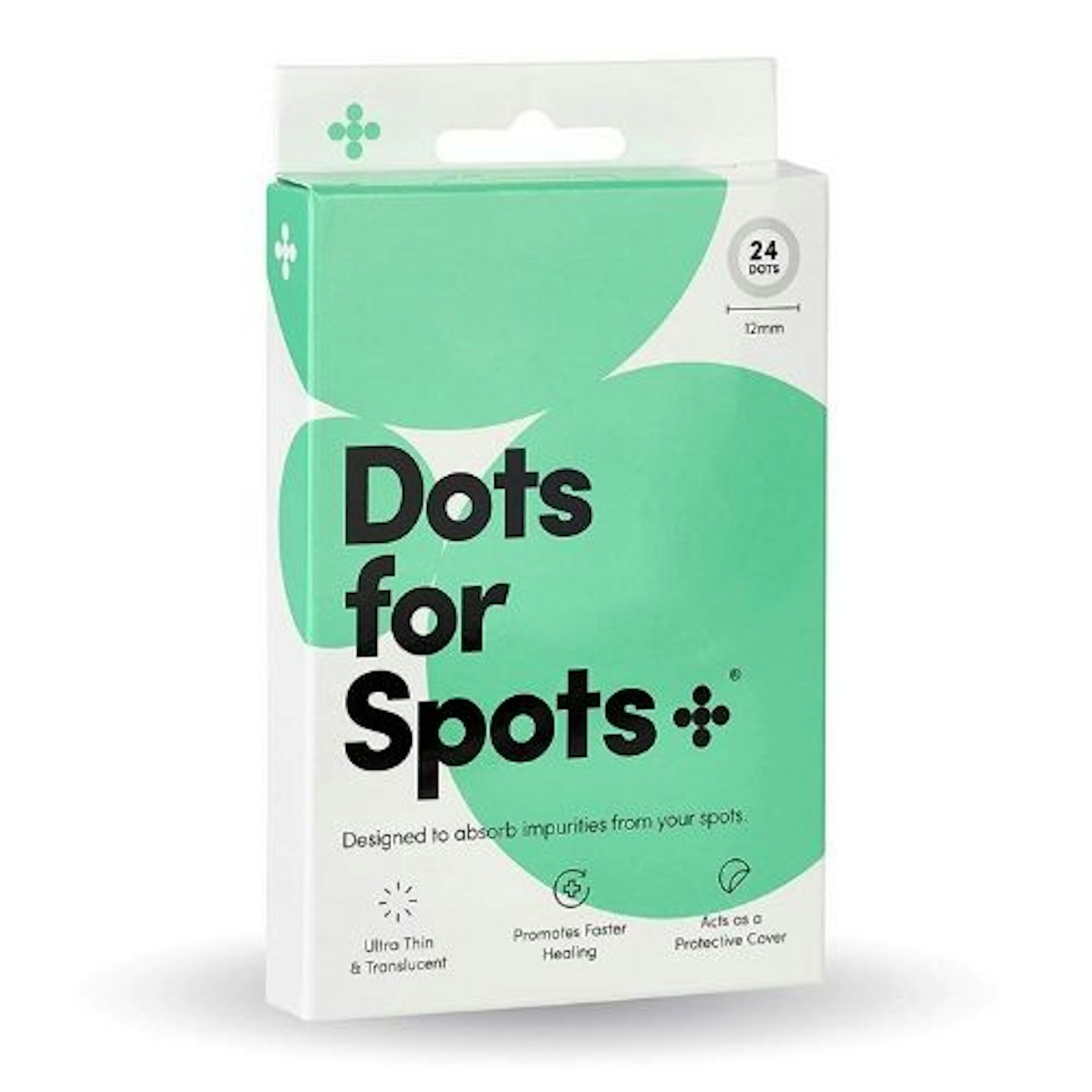 2 of 20
2 of 20Dots for Spots® Original Acne Absorbing Patches
If you struggle with the occasional spot or have some real baddies breaking out, these dots are a great way to calm them down and reduce the size. Plus, they'll stop you from squeezing or picking, which is how bacteria spreads. Leave them on for six hours, or overnight. They're suitable for all skin types, and are fragrance, sulphate, phthalate, alcohol, paraben and cruelty-free.
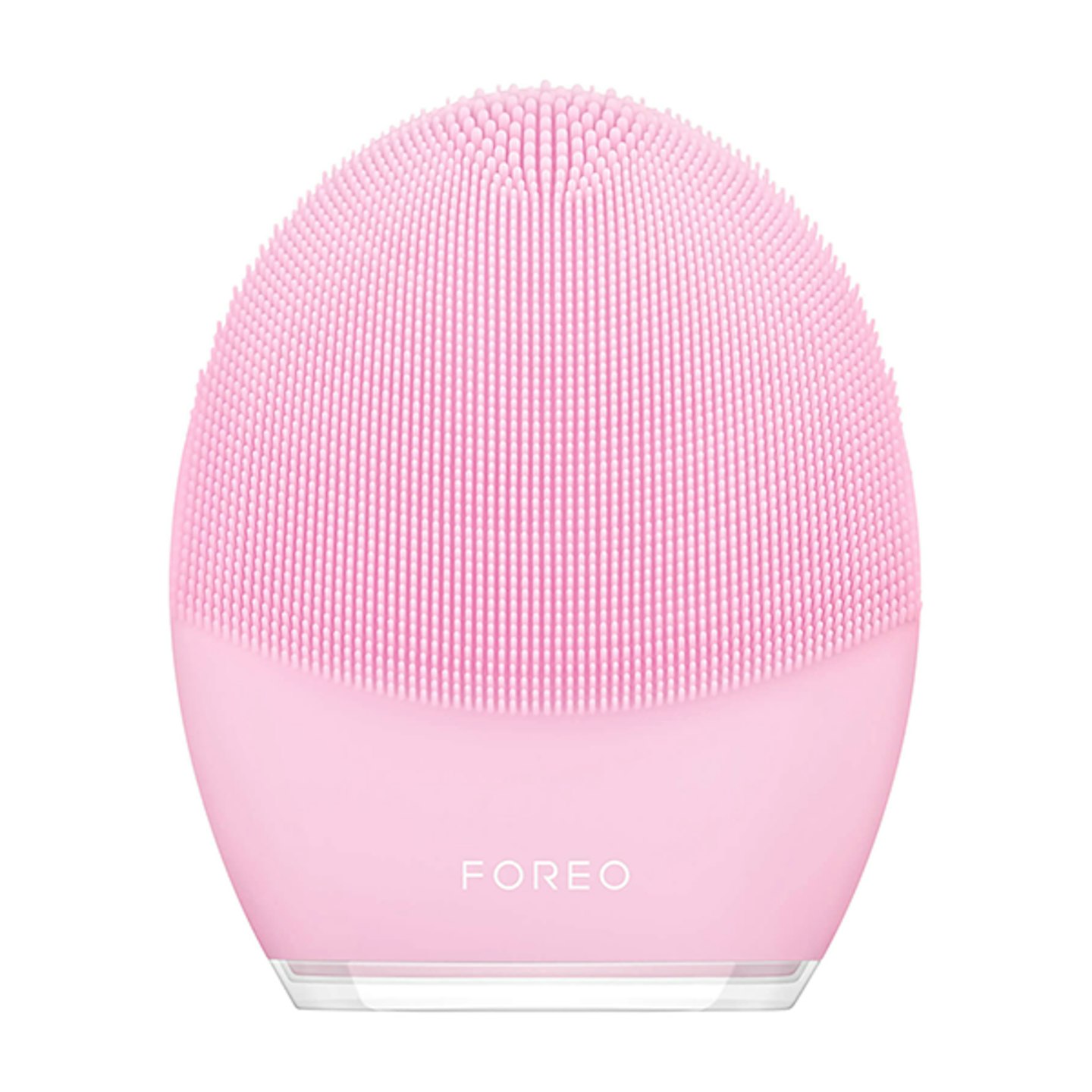 3 of 20
3 of 20FOREO LUNA 3
LUNA 3 is the ultimate skincare investment to add to your cleansing ritual. Featuring an upgraded design and T-Sonic pulsations at 16 different intensities, LUNA 3 blasts away dirt, oil, and makeup residue in only one minute. It also clears away dead skin cells to enhance the absorption of skincare products, perfect for that youthful glow.
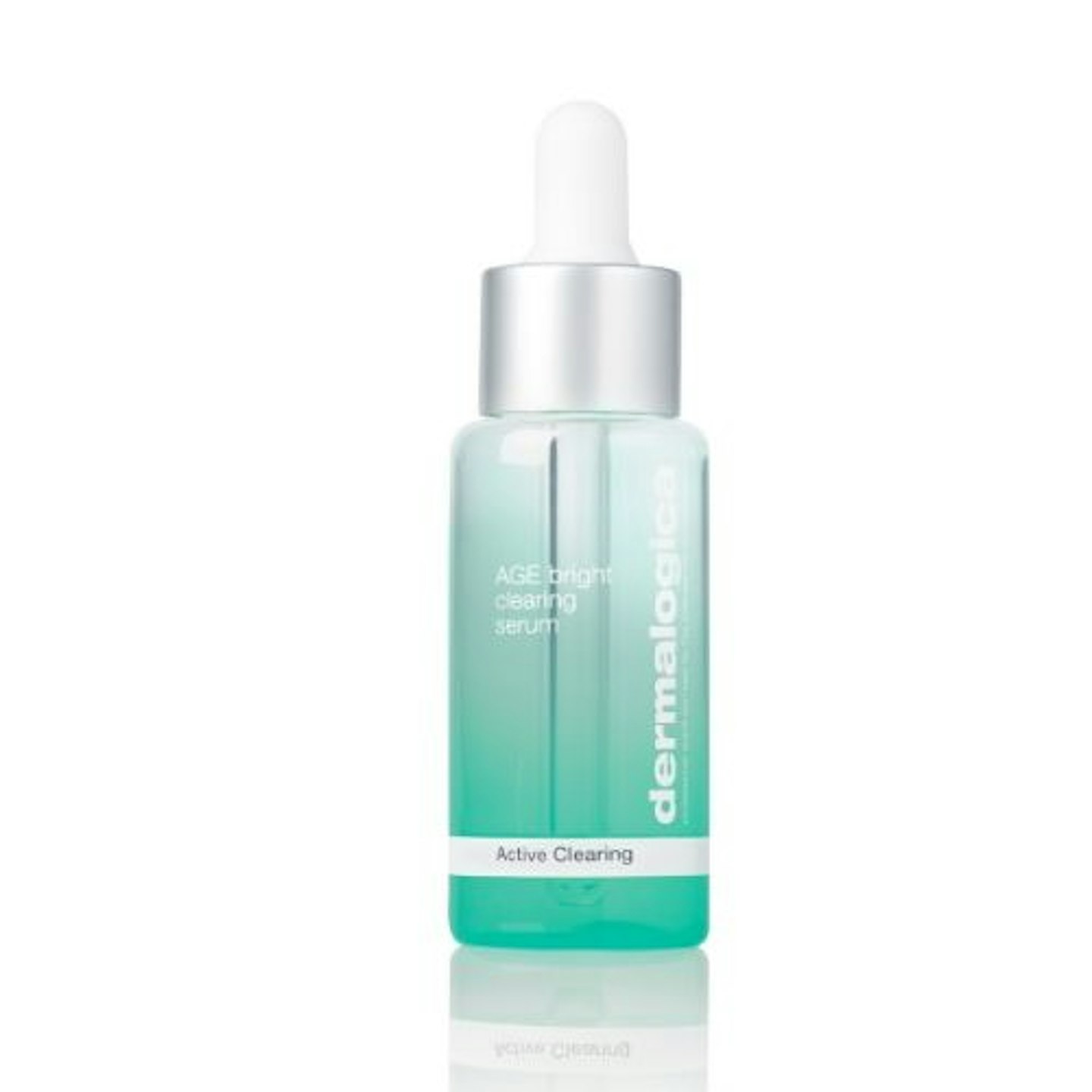 4 of 20
4 of 20Age Bright Clearing Serum, 30ml
This clearing serum is a godsend for irritated skin, as it exfoliates with salicylic acid and accelerates cell turnover to help clear breakouts and reduce the signs of ageing. Phytoactives from the resurrection plant, known for its ability to survive extreme dehydration, hydrate and smooth skin. Niacinamide works together with white shiitake mushroom to promote brighter, more even skin tone.
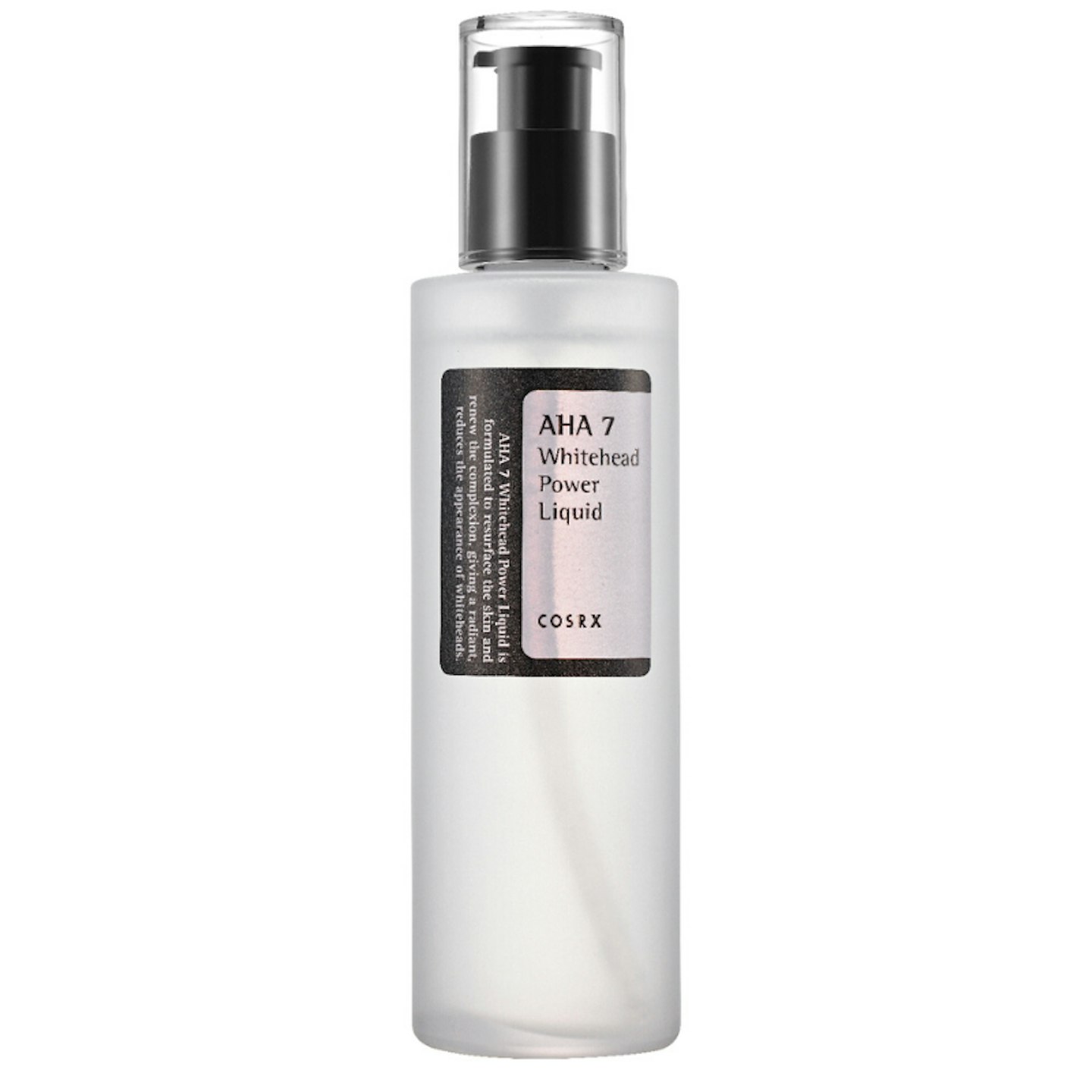 5 of 20
5 of 20COSRX AHA 7 Whitehead Power Liquid
The COSRX AHA 7 Whitehead Power Liquid is a renewing, resurfacing treatment dedicated to improving skin tone and texture. It's great for large pores and uneven skin tone. Harnessing the powers of 7% glycolic acid and apple water, it removes dead skin cells and pore-clogging impurities, whilst helping to minimise the appearance of whiteheads, fine lines and roughness.
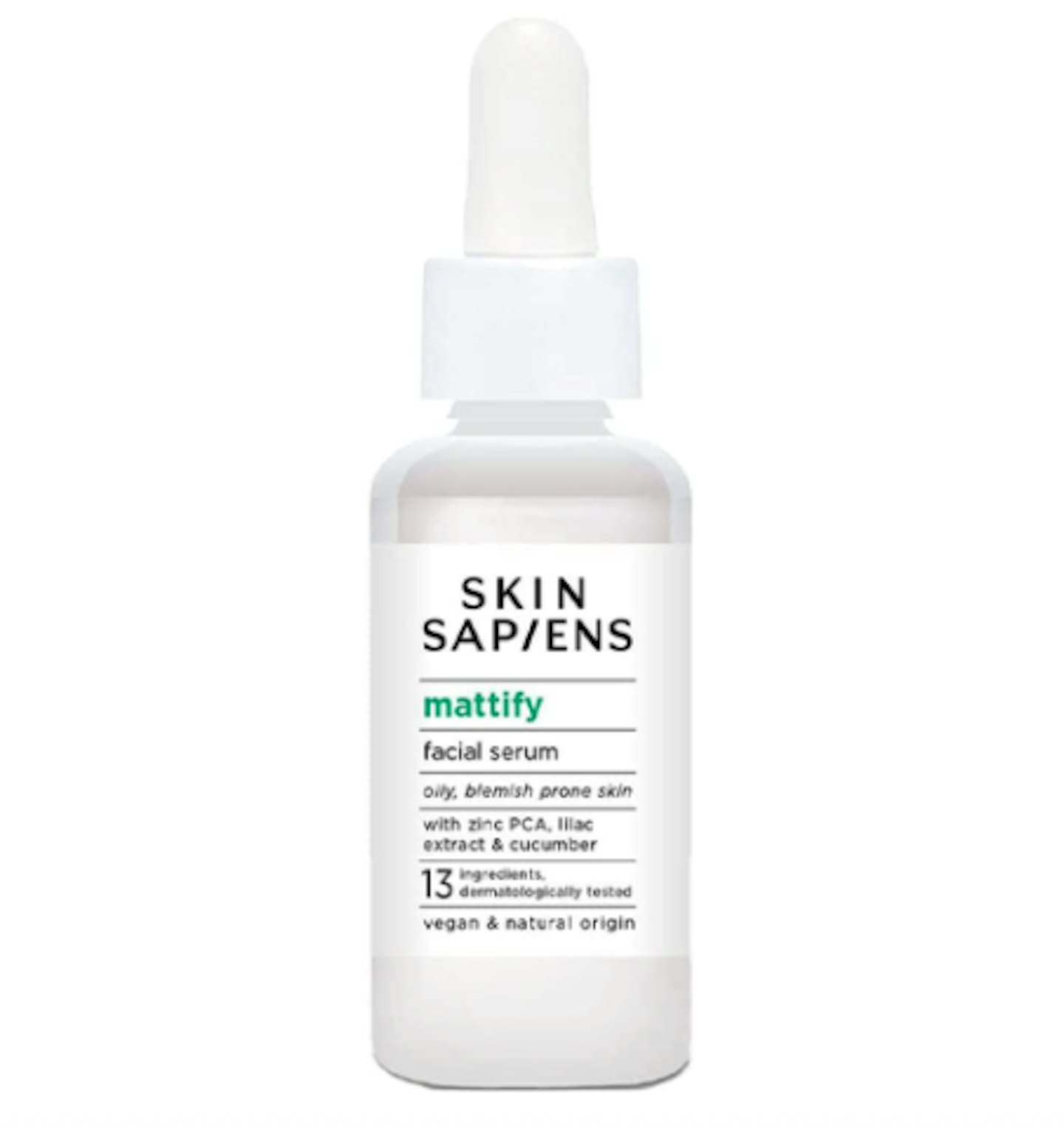 6 of 20
6 of 20Skin Sapiens Mattify Facial Serum
A good serum will do wonders if you have blemish-prone skin, and this one from Skin Sapiens will combat your oily t-zone, too. Lightweight and made from natural ingredients, it reduces oiliness and tightens pores to leave your skin looking radiant. It contains zinc PCA and lilac extract, is certified natural and is 100 per cent vegan.
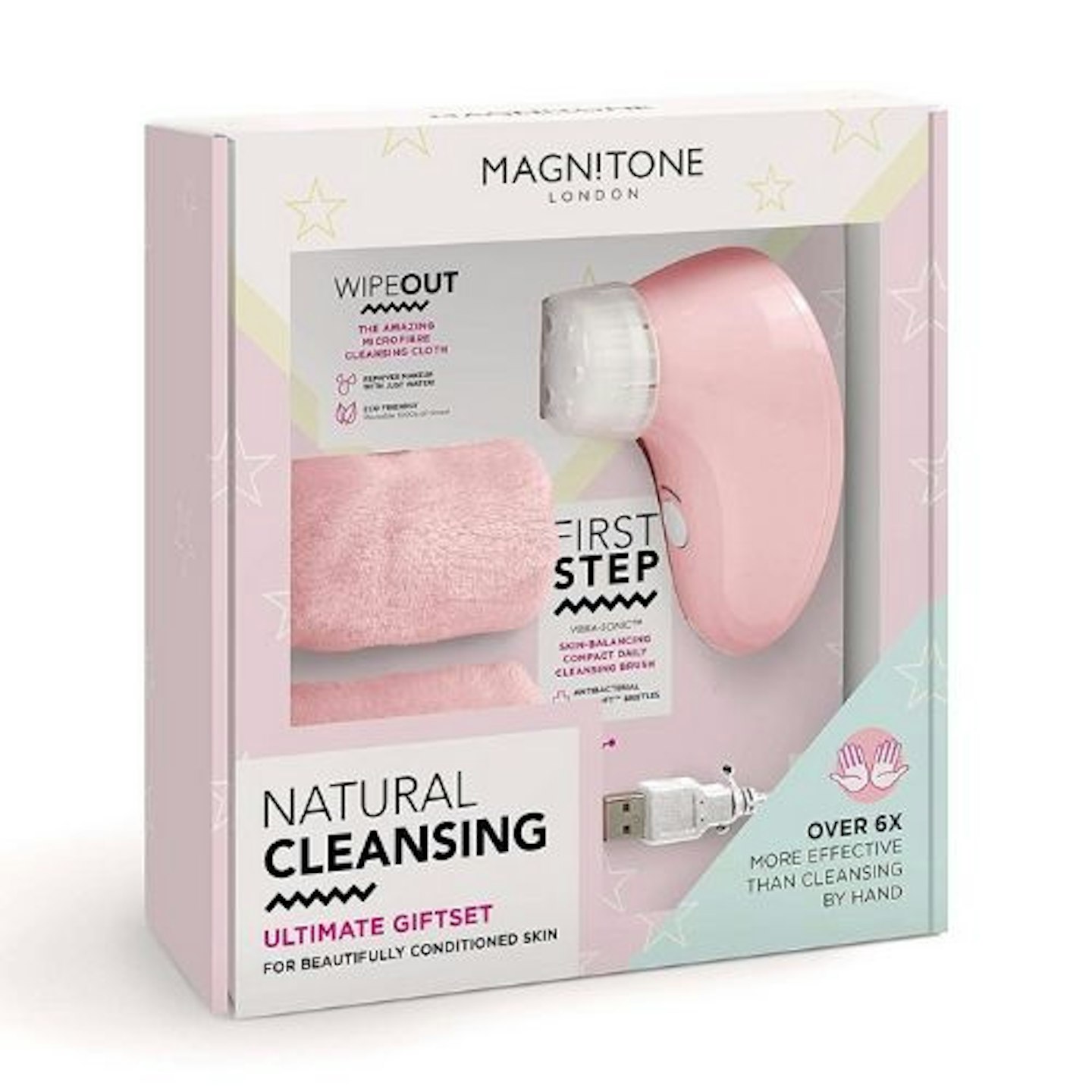 7 of 20
7 of 20Magnitone Natural Cleansing Ultimate Gift Set with First Step Daily Cleansing Brush and 2 Wipe Out Makeup Remover Cloth Wipes
Cleansing regularly is the first step to great skin, and a cleansing brush will make your skin feel cleaner than it ever has before. This set also comes with a microfibre cloth, which removes all traces of make-up with just water.
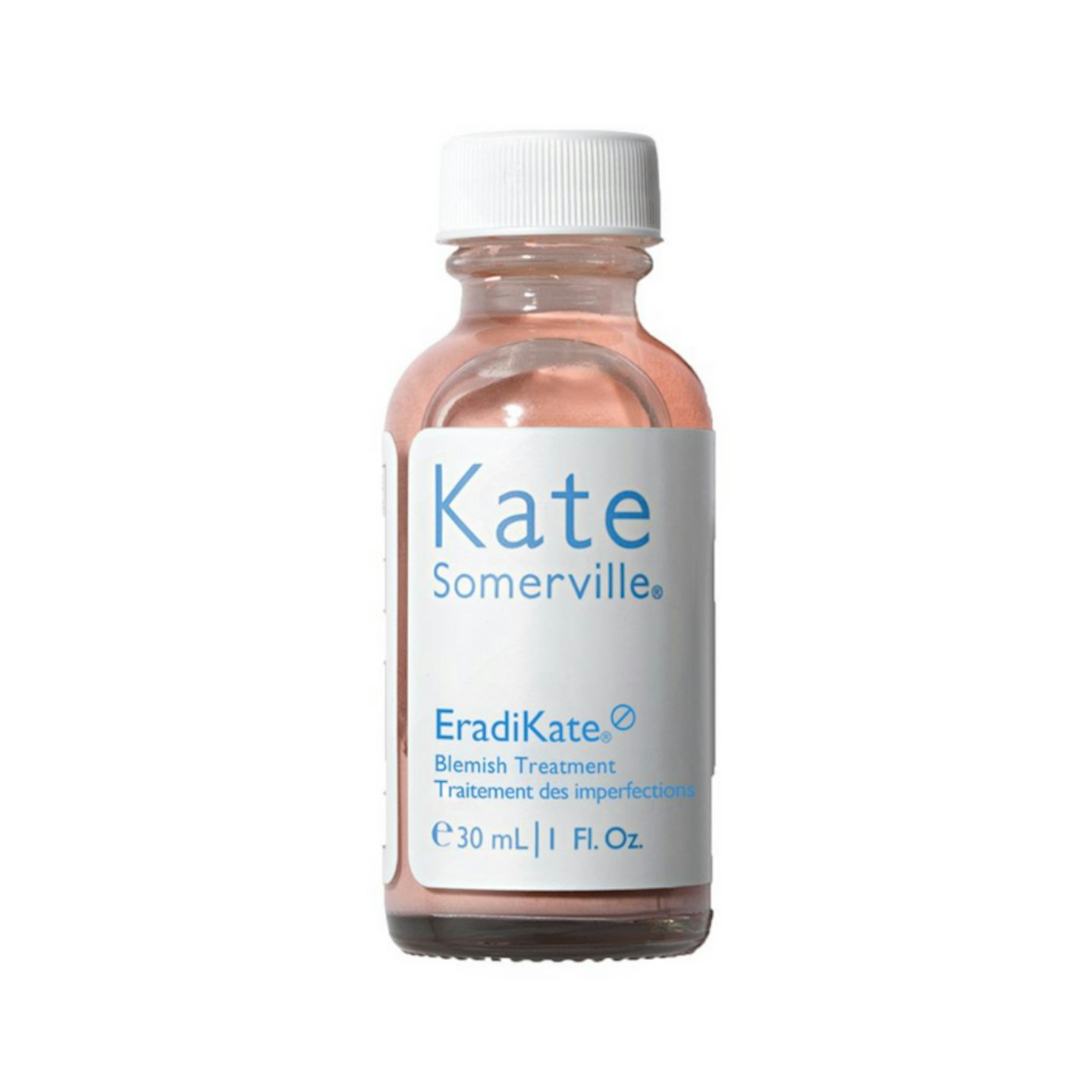 8 of 20
8 of 20Kate Somerville EradiKate Blemish Treatment
US favourite Kate Somerville recently made its way across to the UK, and to say we're excited would be an understatement. With the highest level of sulphur allowed in skincare (10%), this potent treatment fights against blemishes, helping to minimise breakouts. Alpha hydroxy acids reduce the appearance of enlarged pores, while zinc oxide provides oil control by absorbing excess sebum.
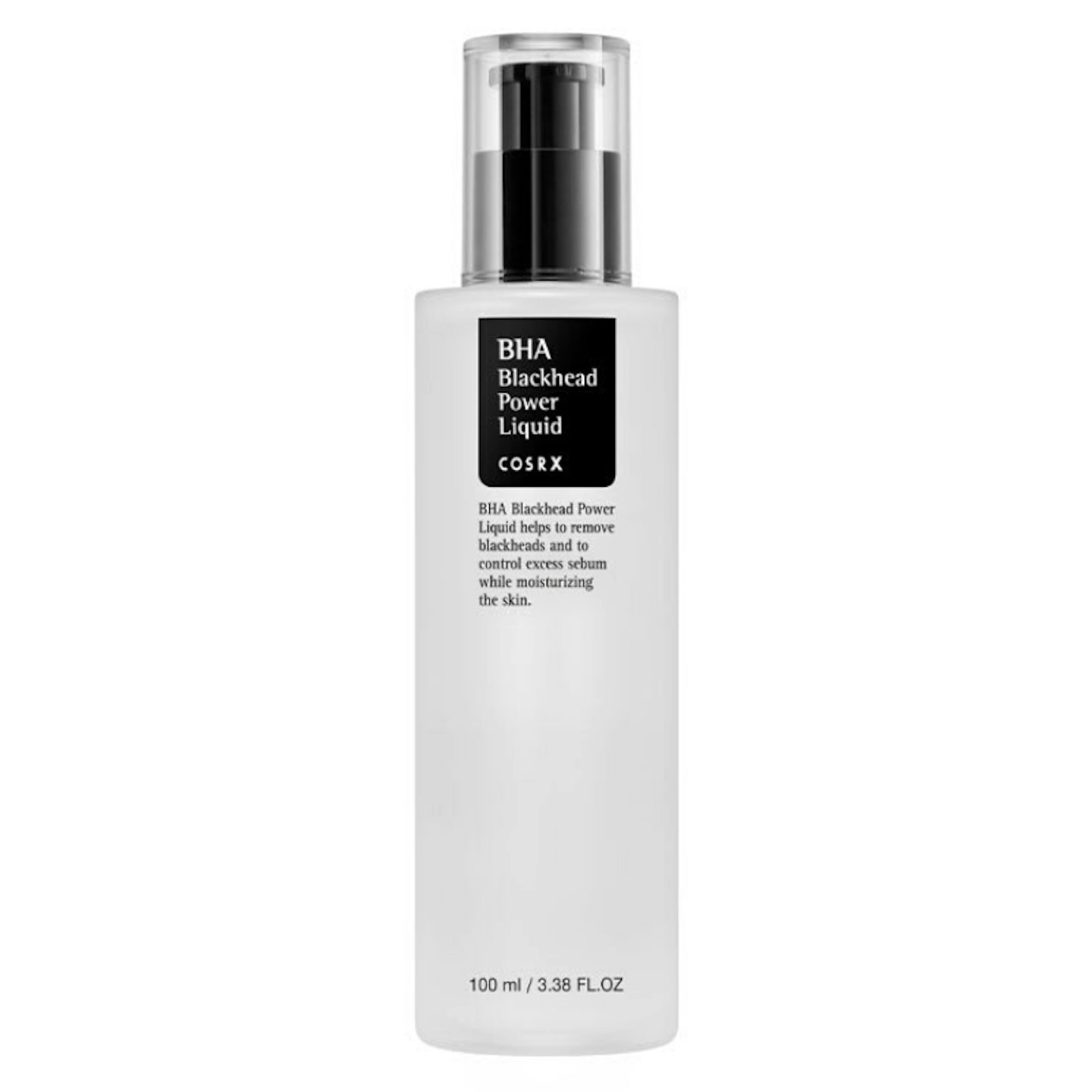 9 of 20
9 of 20COSRX BHA Blackhead Power Liquid
Formulated with 4% betaine salicylate, COSRX BHA Blackhead Power Liquid reduces blackheads, clears pores, and dissolves excess sebum. Betaine salicylate (BHA) is an active ingredient that chemically exfoliates the skin by penetrating deep down, resulting in clearer, brighter, smoother skin with fewer breakouts.
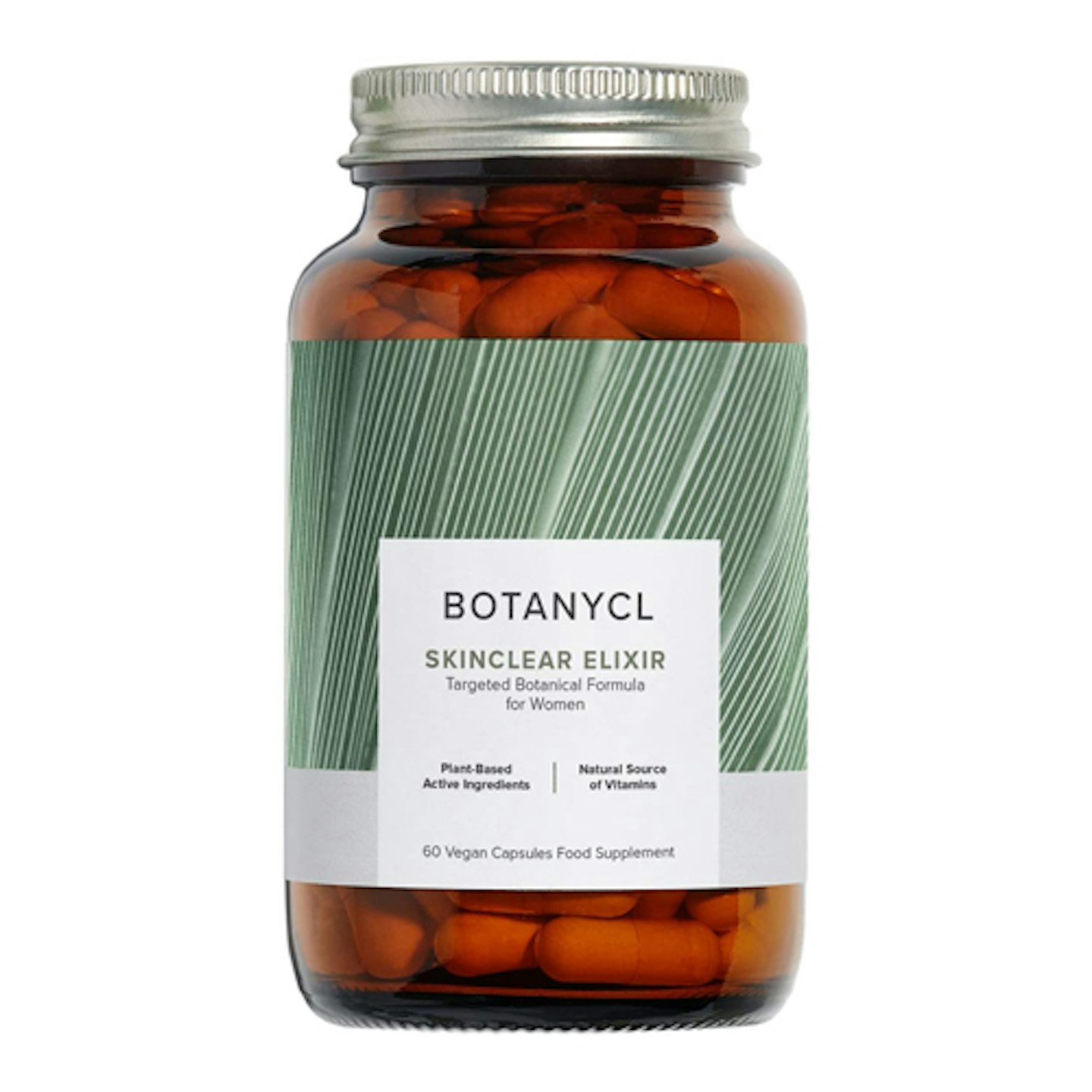 10 of 20
10 of 20Botanycl SkinClear Elixir
If you are after a 100% plant-based skin supplement, Botanycl's SkinClear Elixir is known to be an effective natural alternative to Roaccutane. The 60 vegan capsules contain active botanicals that support to clear problematic hormonal and non-hormonal skin gently from within. Grounded in science, the formula helps to achieve nothing but a blemish-free complexion.
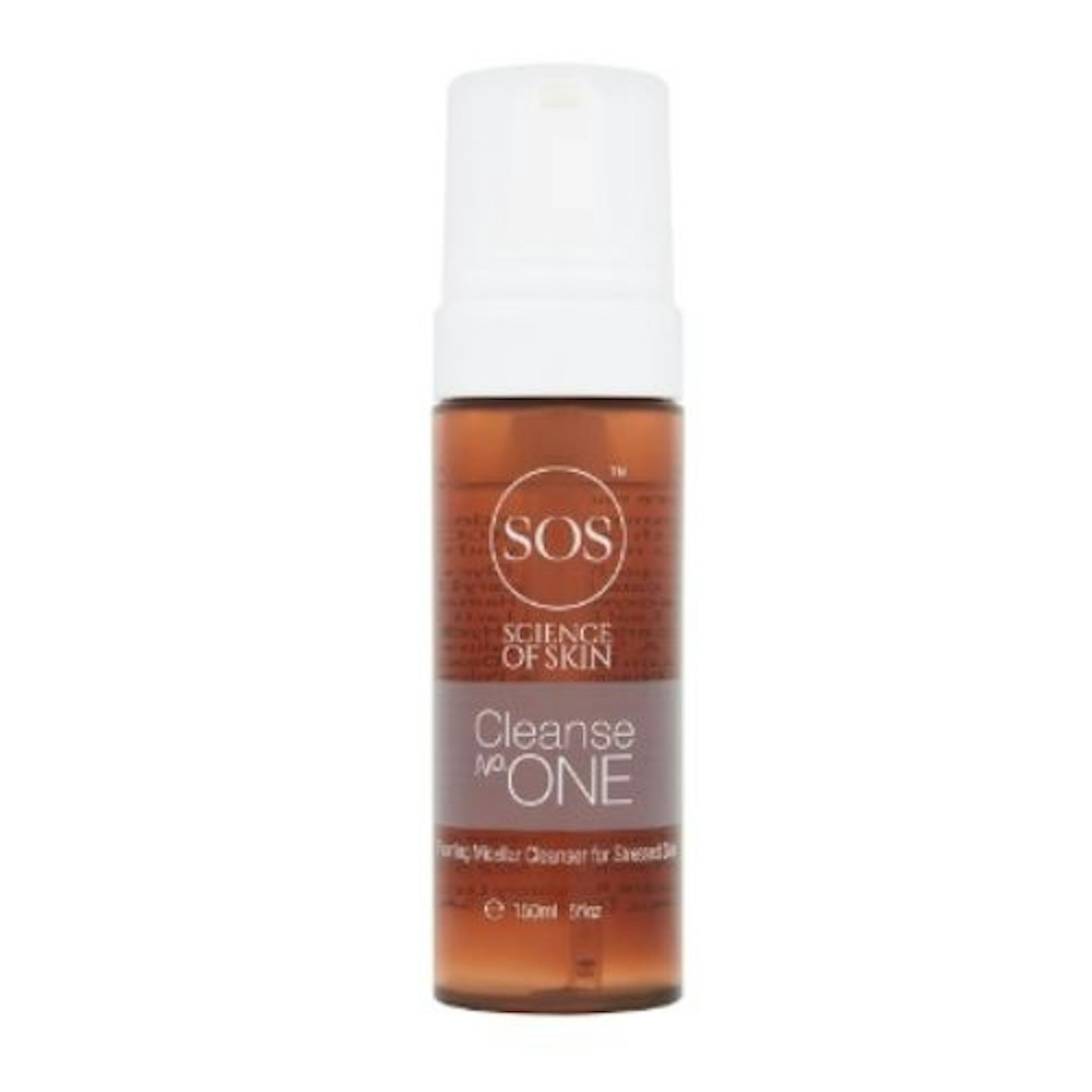 11 of 20
11 of 20Science of Skin Cleanse No. One
This super gentle cleanser is scientifically formulated to help stressed-out skin without stripping it of its natural protective barrier. It helps to dissolve sebum build-up, reduce pore size, reduce redness and fight breakouts. You can use it as a normal face wash, or for a more active treatment, apply it with cotton pads directly to damp skin and don't rinse it off - allowing the actives to work their magic.
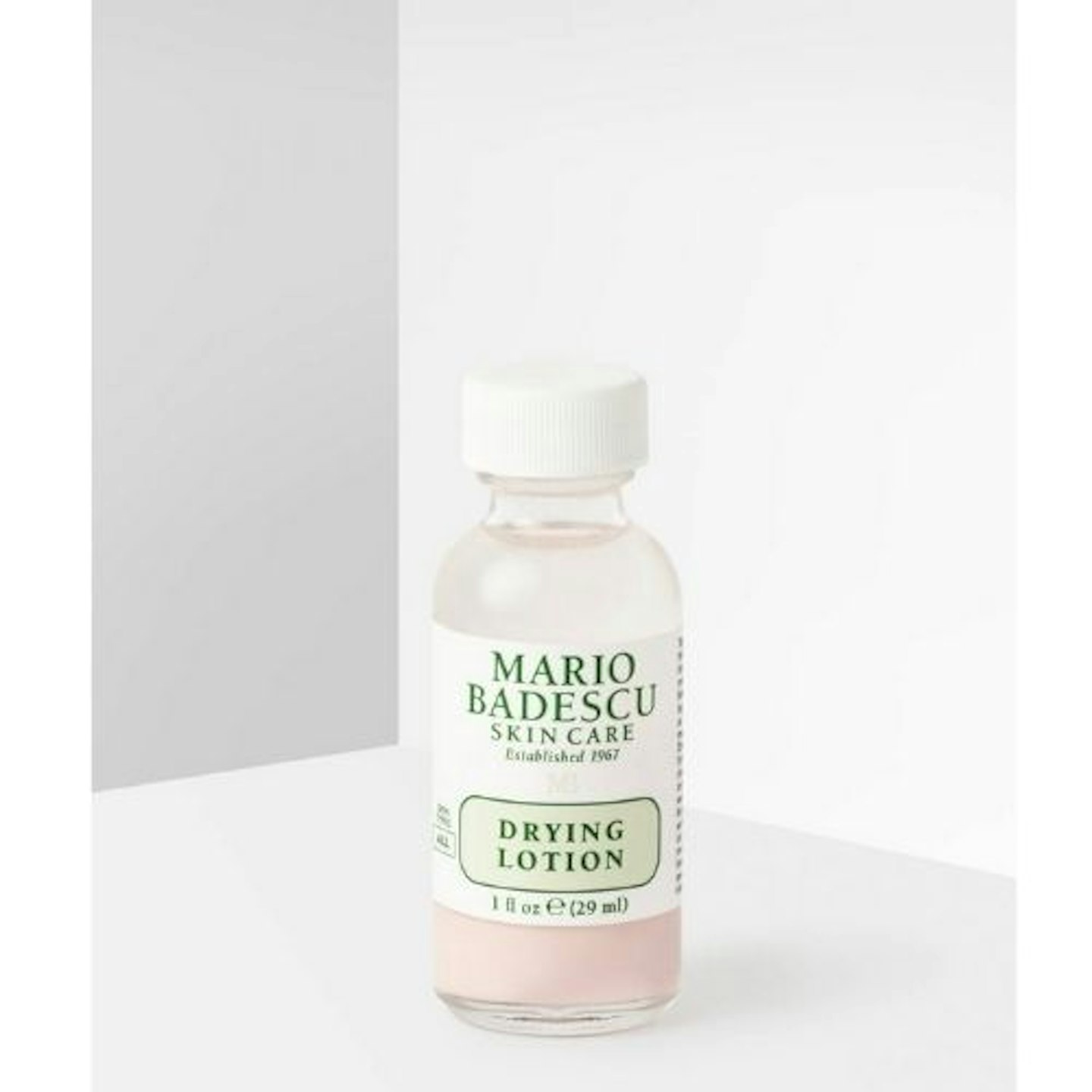 12 of 20
12 of 20Mario Badescu Drying Lotion
Made with a blend of calamine and salicylic acid, this Insta-famous Mario Badescu Drying Lotion helps to soothe and clear up blemishes and whiteheads overnight without irritating the skin. Suitable for even the most sensitive skin types.
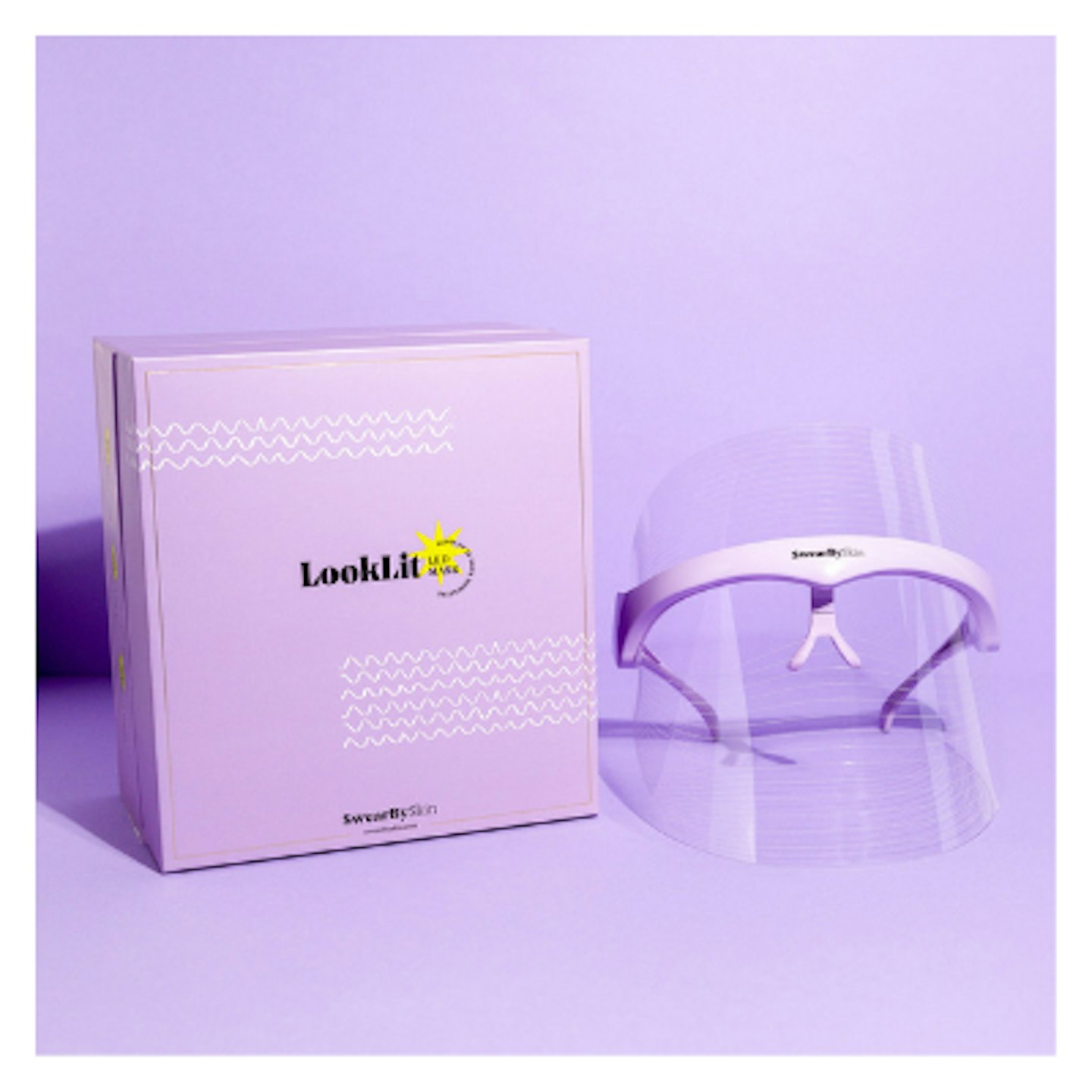 13 of 20
13 of 20LookLit LED Mask
This fab LED mask targets fine lines, acne and hyperpigmentation. Thanks to its three different modes, you can select which treatment you want. The blue light treats spots at the source clears blemishes and reduces oil and bacteria.
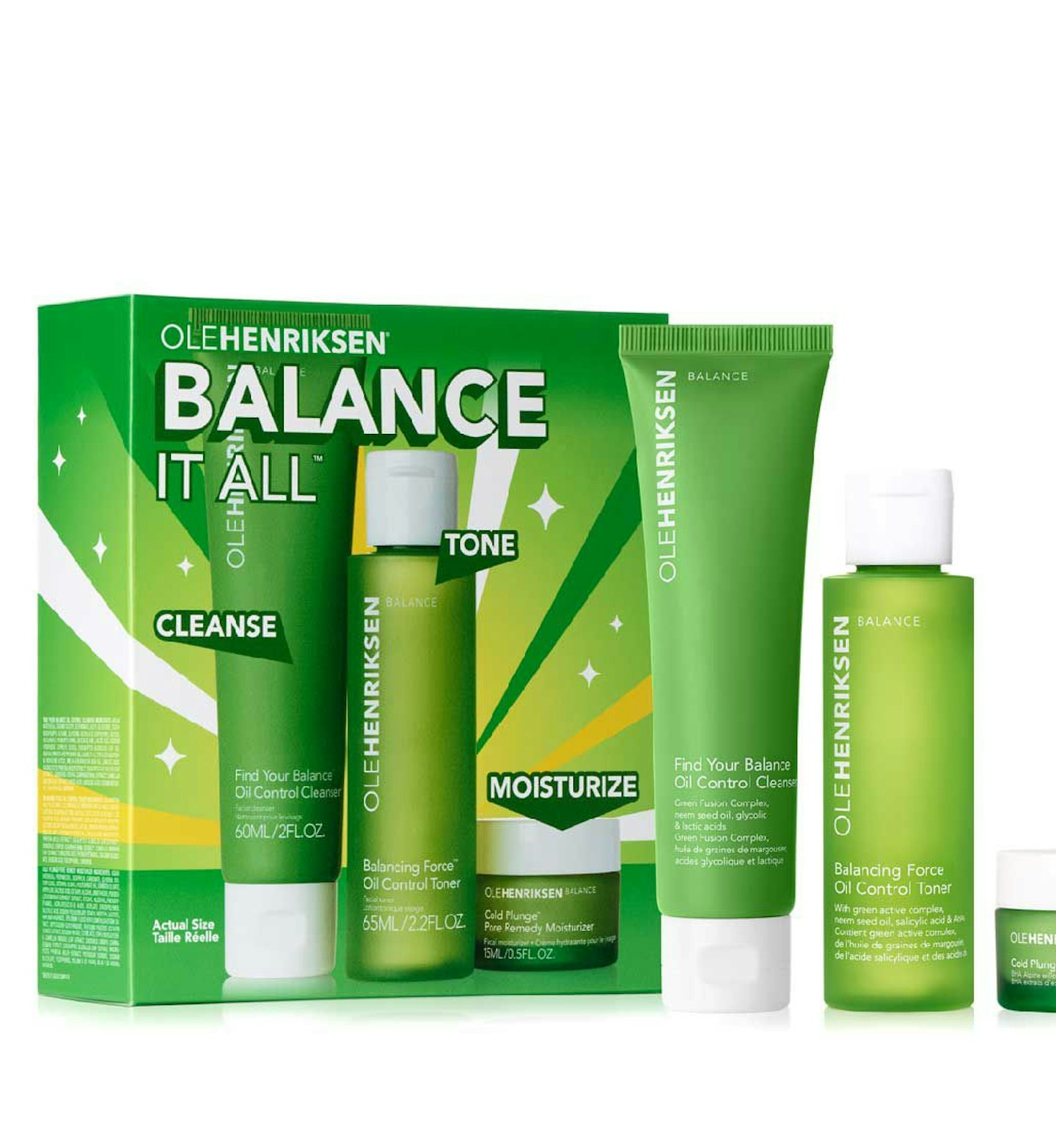 14 of 20
14 of 20Ole Henriksen Balance It All™ Oil Control & Pore Refining Set
This little set is brilliant for combatting oily skin and contains a cleanser, toner and moisturiser. It's a really refreshing combo of products, which helps to mattify, reduce the look of pores and balance the complexion. We particularly like the Cold Plunge Pore Remedy Moisturizer which has a gorgeous cooling effect as it melts into your skin and really tightens everything up after use.
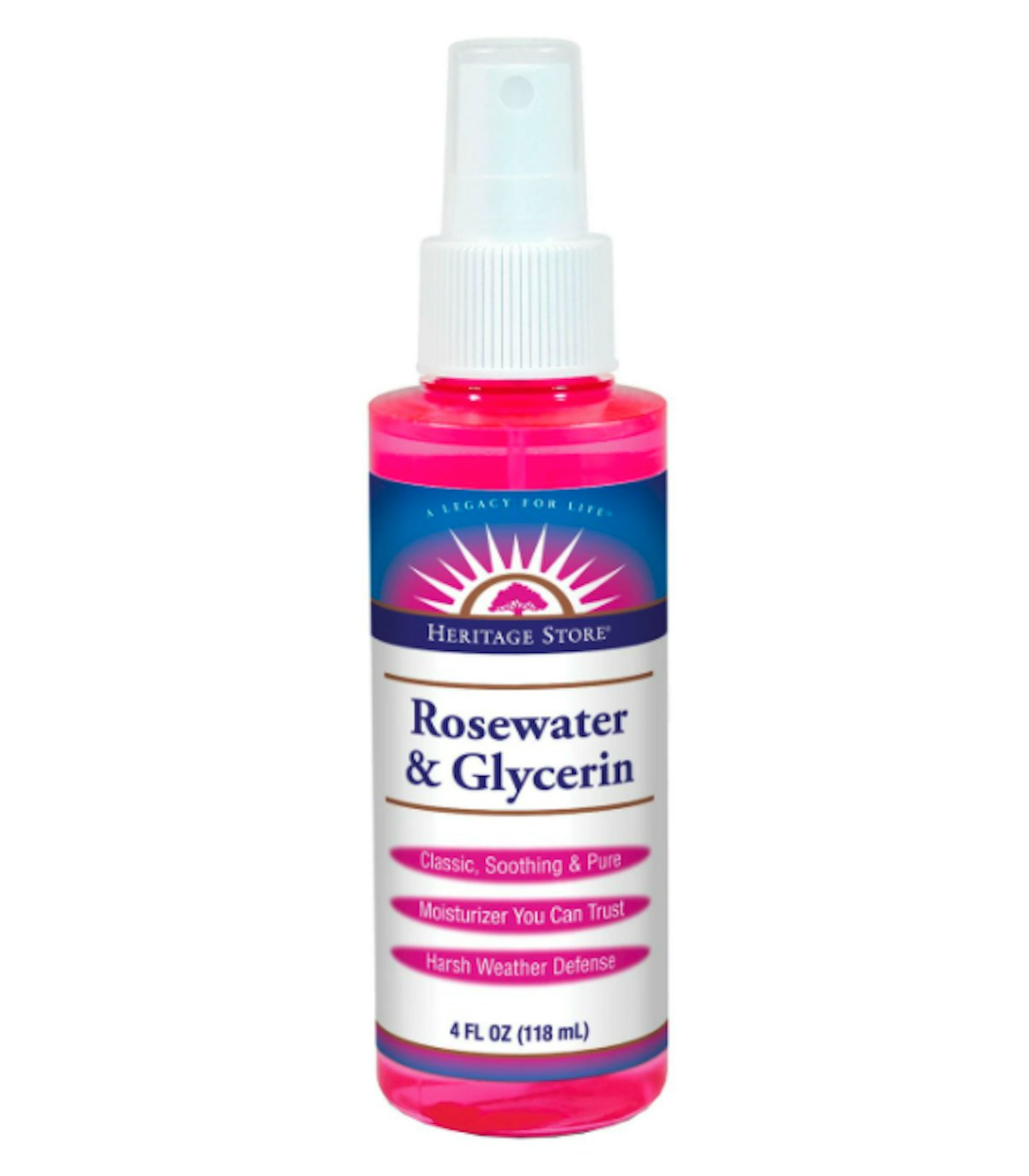 15 of 20
15 of 20Heritage Store Rosewater & Glycerin
Rosewater has been used for hundreds of years to soothe stressed-out skin, reduce redness and puffiness. Plus, the antibacterial properties can help to reduce acne. Glycerin works to hydrate your skin, leaving it feeling soft and supple. What we love about this product is that it also contains Vor-mag water (meaning that the water has been magnetised and 'vortexed') to refresh your skin, and it can be used on your hair and scalp, too.
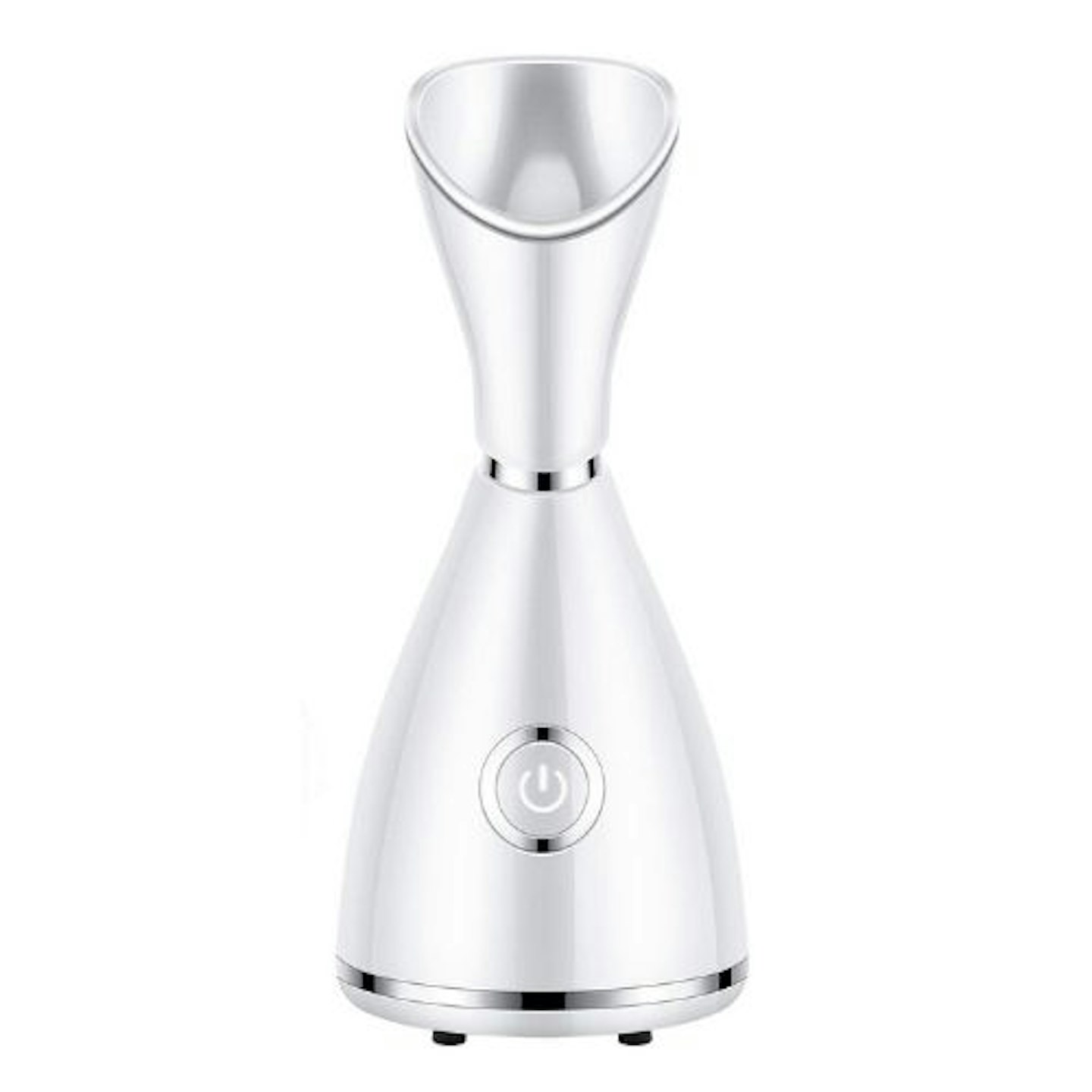 16 of 20
16 of 20Nano Ionic Facial Steamer
Steaming might have been something you left behind in high school (towel over the bathroom sink, anyone?), but it can still be a powerful tool to help clear your skin. Not only is it relaxing, but it opens up your pores for a deeper cleanse, softens blackheads and promotes circulation.
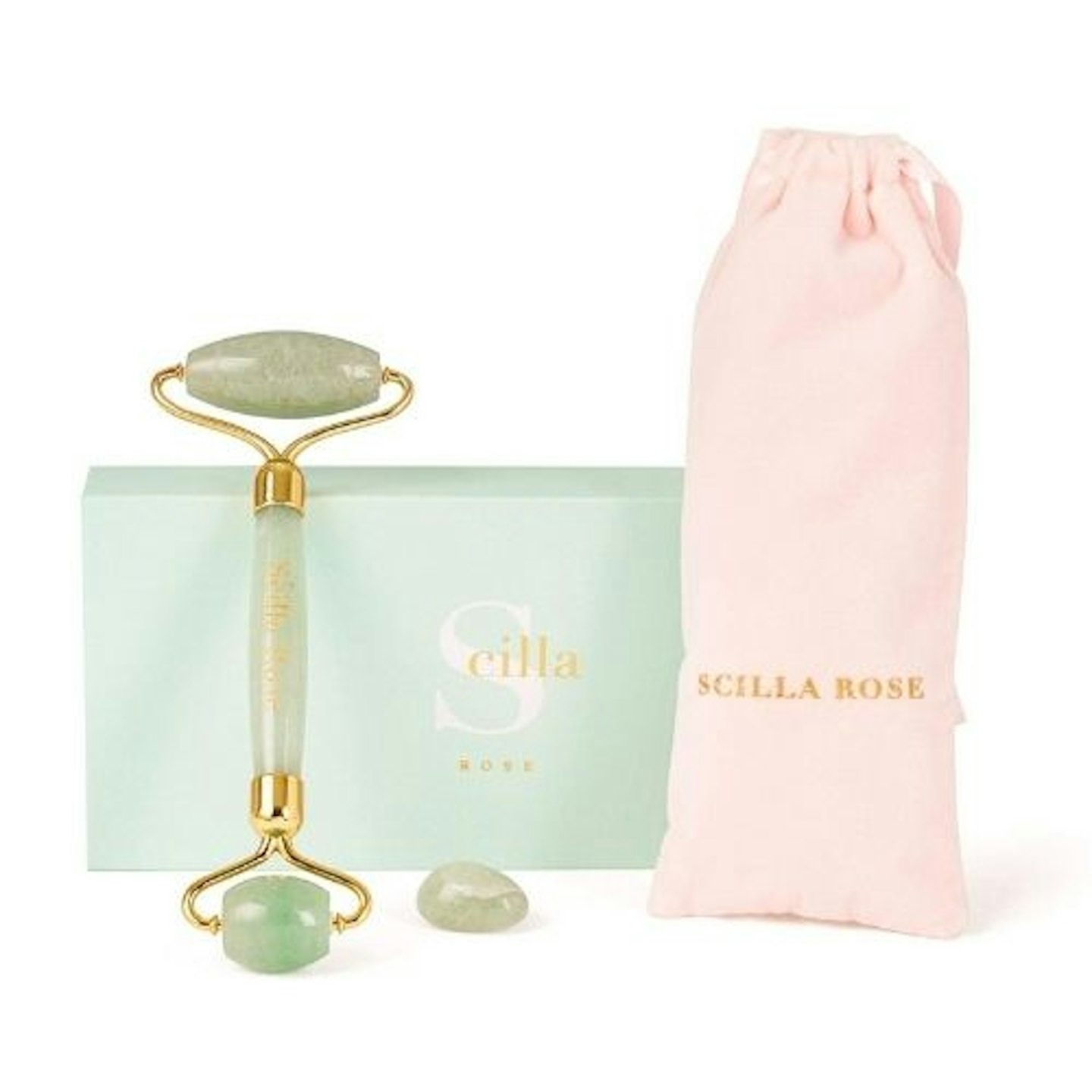 17 of 20
17 of 20Jade Roller Massaging Facial Roller
Jade rollers seem like a bit of a gimmick, but after using one every day for a few weeks, you'll see a difference. They're not only great to help your skin absorb your expensive skincare products, but also to reduce puffiness, help to flush out toxins via lymphatic drainage and give your face an all-over glow. Top tip: keep it in the fridge for a wonderfully cooling massage.
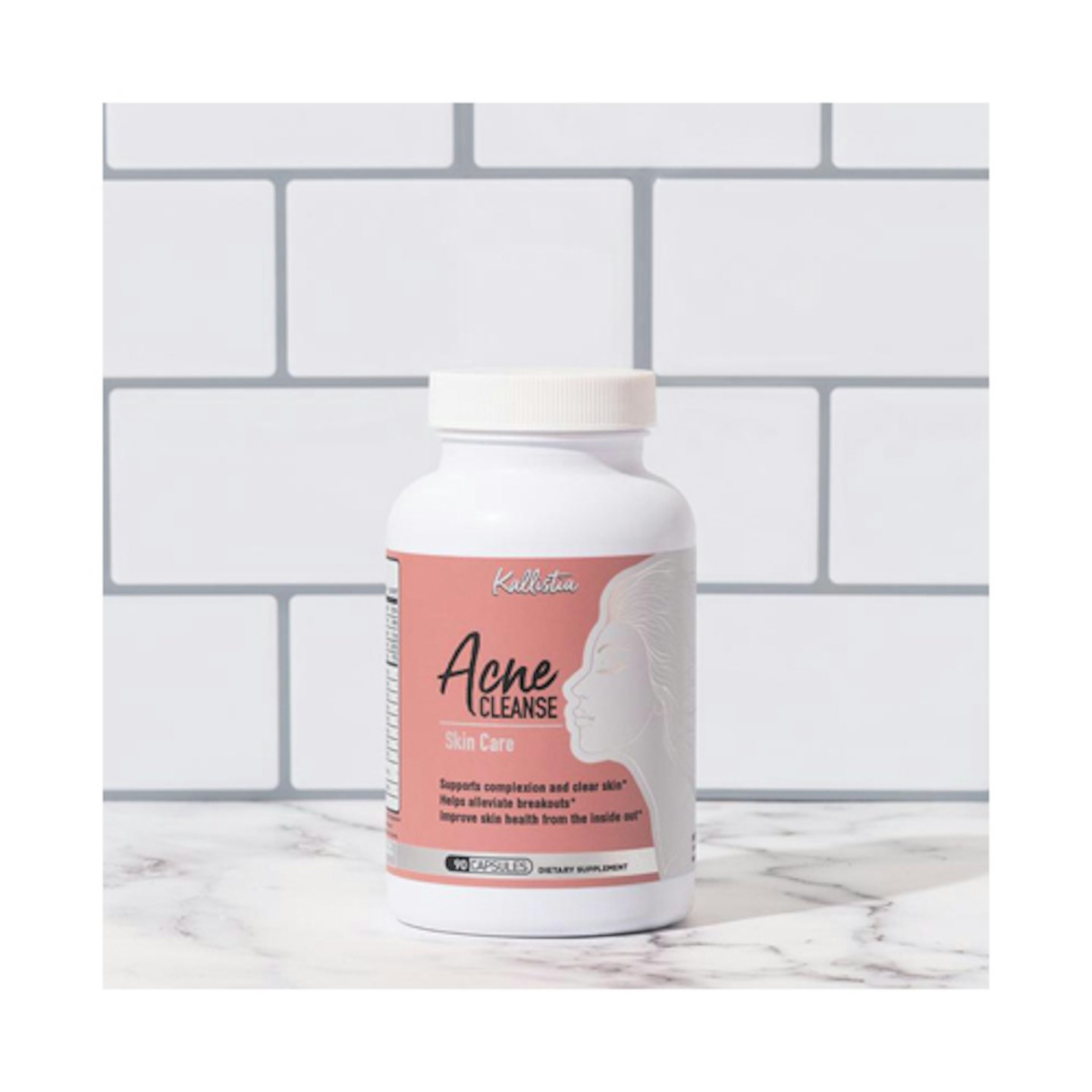 18 of 20
18 of 20Kallistia Acne Cleanse Capsules
If you are finding your skin to need some support from within, the Kallistia Acne Cleanse Capsules are natural supplements that have been found to work miracles for many. Being a blend of traditional herbal ingredients, vitamins, and antioxidants, the product works to prevent breakouts, alleviate acne, and reduce large pores.
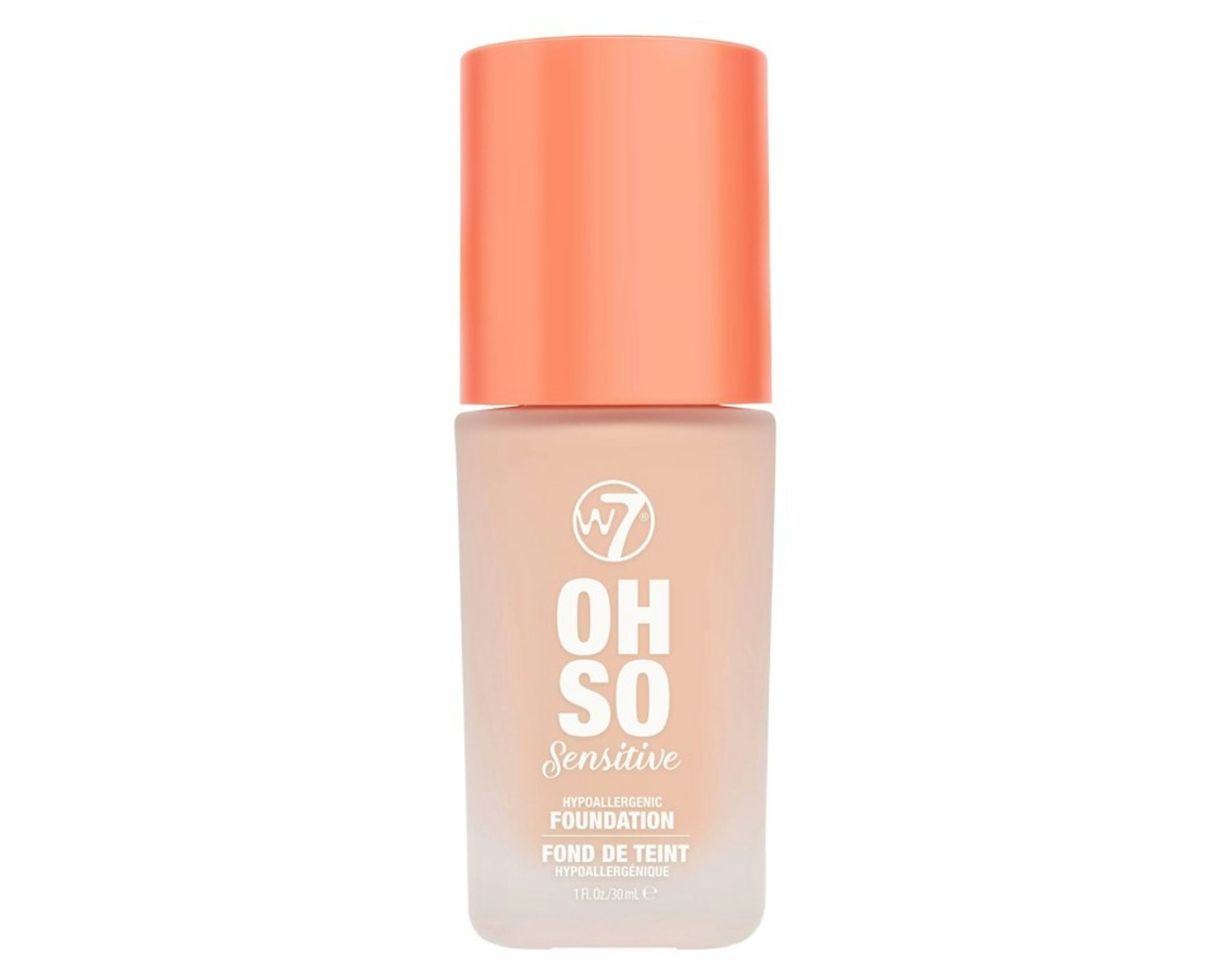 19 of 20
19 of 20W7 Oh So Sensitive Foundation
Being hypoallergenic, this foundation is perfect for sensitive skin. It provides medium to full coverage, meaning it covers just the right amount with a soft, matte finish without having to layer it on. It has also got niacinamide and sodium hyaluronate in it, which minimises pores and hydrates the skin.
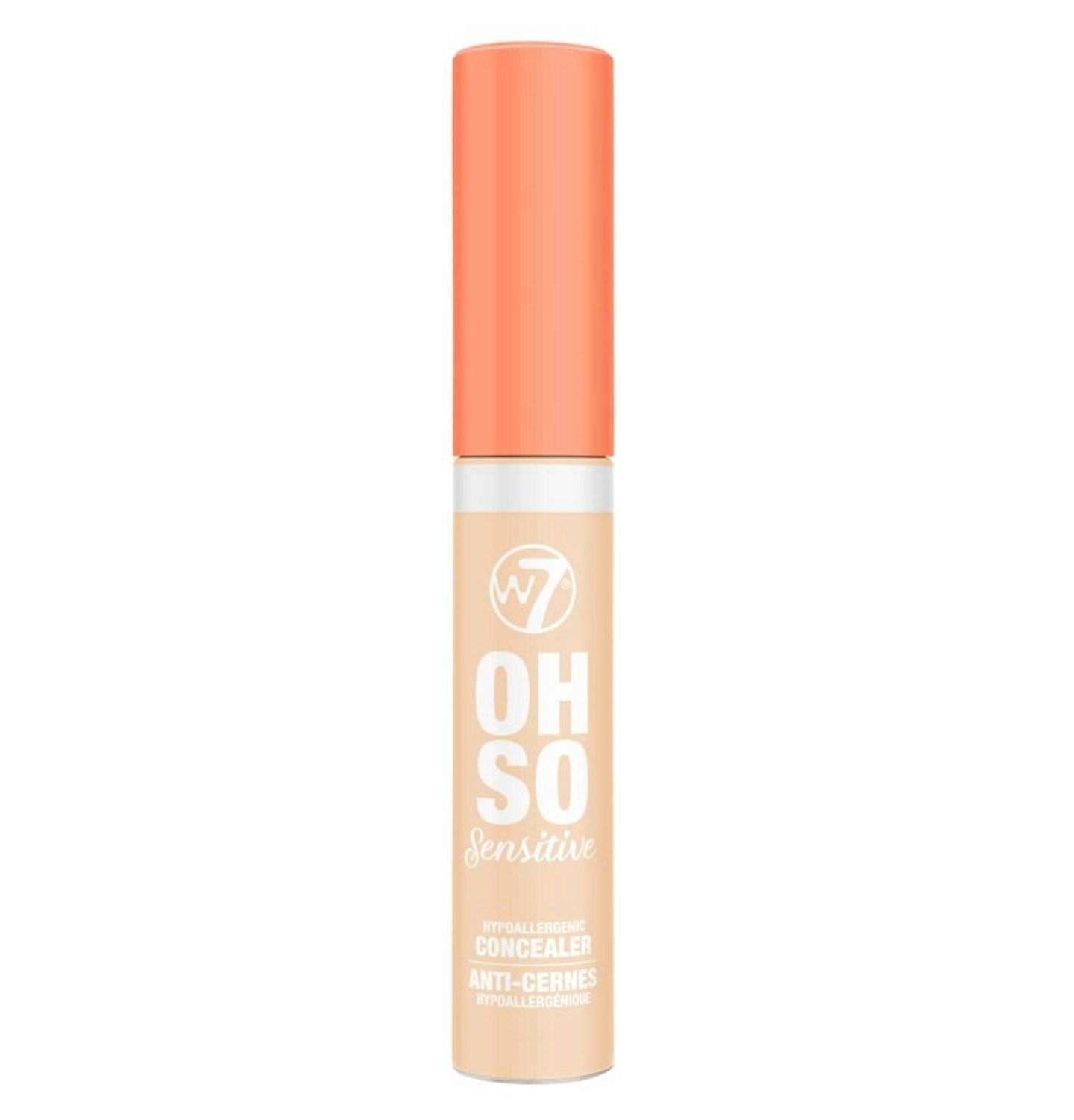 20 of 20
20 of 20W7 Oh So Sensitive Concealer
In addition to the Oh So Sensitive foundation, the concealer is also an absolute keeper for spot-prone skin. The super creamy formula is hypoallergenic and gives you medium to full coverage.
